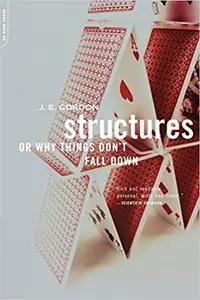Structures: Or Why Things Don't Fall Down
By J. E. Gordon
Category
TechnologyRecommended by
"Structures" by J. E. Gordon is a comprehensive exploration of the world of engineering and how structures are designed, built, and perform under various conditions. In this enlightening book, Gordon delves into the fundamental principles that underpin the integrity and stability of structures, covering a wide range of topics.
Beginning with the basics, Gordon explains how forces act on structures and how engineers use this knowledge to analyze and design them. He then delves into different types of structures, from bridges and buildings to ships and aircraft. With clear explanations and illustrations, he discusses the materials used in construction and their properties, including the strengths and weaknesses of each.
Gordon also examines the role of geometry and how it influences the behavior of structures. He explains how different shapes and configurations impact stability, load-bearing capacity, and resistance to various forces. Additionally, he explores the role of joints, connections, and fasteners in maintaining structural integrity.
Moreover, "Structures" delves into the importance of considering environmental factors when designing structures. Gordon elucidates how structures react to natural forces such as wind, earthquakes, and temperature fluctuations. He also discusses the principles of structural safety and maintenance, emphasizing the need for regular inspections and repairs to ensure long-lasting structures.
Throughout the book, Gordon brings complex concepts to life with practical and real-world examples. He shares fascinating case studies of structural failures and successes, shedding light on the importance of engineering acumen and attention to detail. Drawing from his extensive experience as a materials scientist and engineer, Gordon presents a well-rounded perspective on the art and science of structural design.
In conclusion, "Structures" offers a captivating journey into the intriguing world of engineering and the principles behind the construction of safe and reliable structures. It is an invaluable resource for engineers, students, and anyone interested in understanding the forces that shape the physical world around us.
Beginning with the basics, Gordon explains how forces act on structures and how engineers use this knowledge to analyze and design them. He then delves into different types of structures, from bridges and buildings to ships and aircraft. With clear explanations and illustrations, he discusses the materials used in construction and their properties, including the strengths and weaknesses of each.
Gordon also examines the role of geometry and how it influences the behavior of structures. He explains how different shapes and configurations impact stability, load-bearing capacity, and resistance to various forces. Additionally, he explores the role of joints, connections, and fasteners in maintaining structural integrity.
Moreover, "Structures" delves into the importance of considering environmental factors when designing structures. Gordon elucidates how structures react to natural forces such as wind, earthquakes, and temperature fluctuations. He also discusses the principles of structural safety and maintenance, emphasizing the need for regular inspections and repairs to ensure long-lasting structures.
Throughout the book, Gordon brings complex concepts to life with practical and real-world examples. He shares fascinating case studies of structural failures and successes, shedding light on the importance of engineering acumen and attention to detail. Drawing from his extensive experience as a materials scientist and engineer, Gordon presents a well-rounded perspective on the art and science of structural design.
In conclusion, "Structures" offers a captivating journey into the intriguing world of engineering and the principles behind the construction of safe and reliable structures. It is an invaluable resource for engineers, students, and anyone interested in understanding the forces that shape the physical world around us.
Share This Book 📚
More Books in Technology
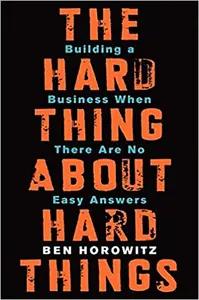
The Hard Thing About Hard Things
Ben Horowitz
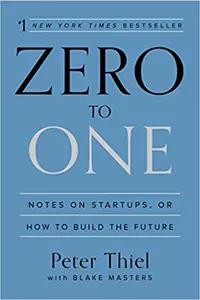
Zero to One
Peter Thiel

The Innovators Dilemma
Clayton Christensen
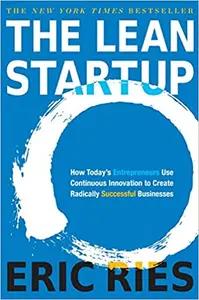
The Lean Startup
Eric Reis
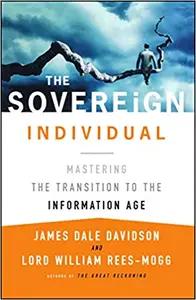
The Sovereign Individual
James Dale Davidson & William Rees-Mogg
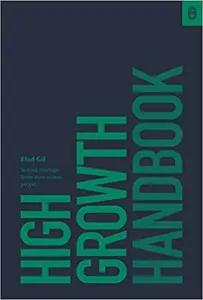
High Growth Handbook
Elad Gil
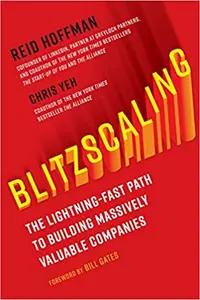
Blitzscaling
Reid Hoffman

American Kingpin
Nick Bilton
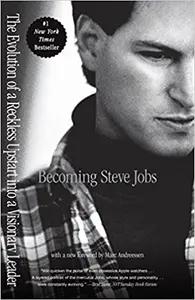
Becoming Steve Jobs
Brent Schlender

Behind the Cloud
Marc Benioff

The Internet of Money Volume 1
Andreas Antonopolous
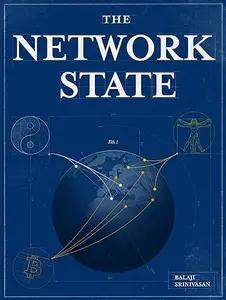
The Network State
Balaji Srinivasan
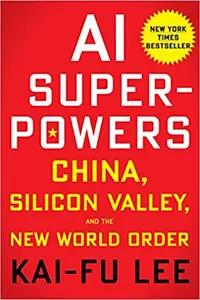
AI Superpowers
Kai-Fu Lee
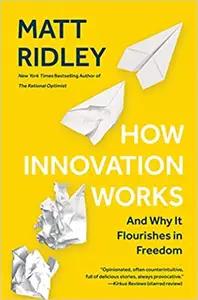
How Innovation Works
Matt Ridley
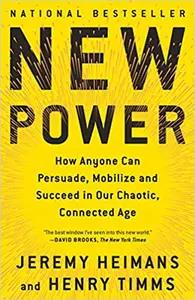
New Power
Jeremy Heimans

Read Write Own
Chris Dixon

Super Pumped
Mike Isaac

The Airbnb Story
Leigh Gallagher
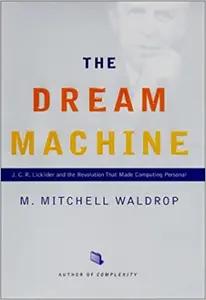
The Dream Machine
M. Mitchell Waldrop
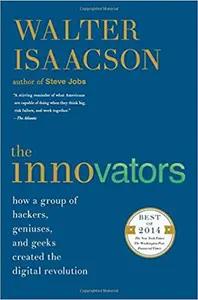
The Innovators
Walter Isaacson

The Little Bitcoin Book
Bitcoin Collective
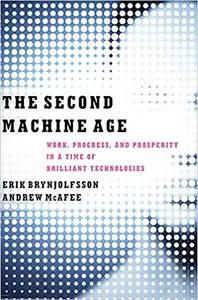
The Second Machine Age
Erik Brynjolfsson
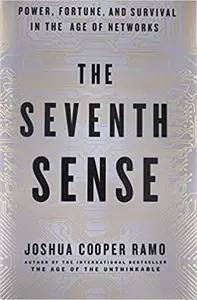
The Seventh Sense
Joshua Ramo

Virtual Society
Herman Narula
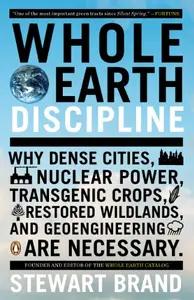
Whole Earth Discipline
Stewart Brand
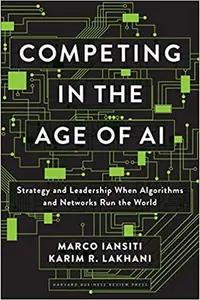
Competing in the Age of AI
Marco Iansiti
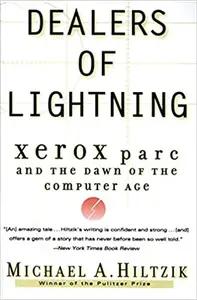
Dealers of Lightning
Michael A. Hiltzik

Digital Gold
Nathaniel Popper
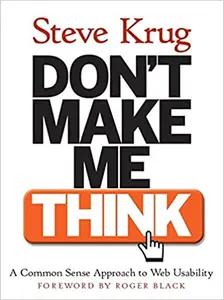
Don't Make Me Think
Steve Krug

Empires of Light
Jill Jonnes
Popular Books Recommended by Great Minds 📚
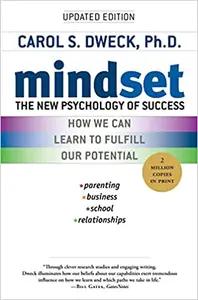
Mindset
Carol Dweck
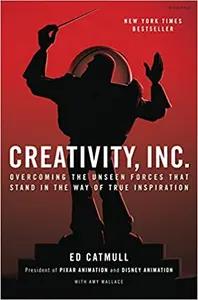
Creativity, Inc.
Ed Catmull
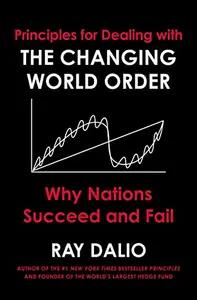
Principles for Dealing With The Changing World Order
Ray Dalio

1984
George Orwell
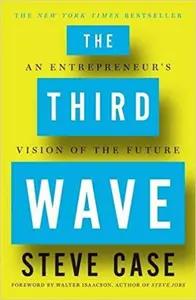
The Third Wave
Steve Case

Meditations
Marcus Aurelius
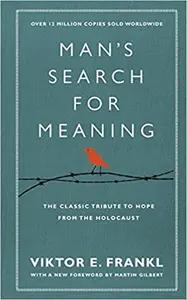
Man's Search for Meaning
Viktor Frankl
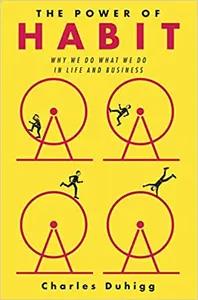
The Power of Habit
Charles Duhigg
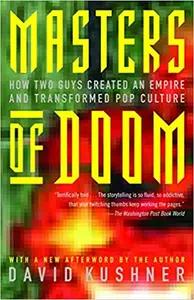
Masters of Doom
David Kushner

The Hard Thing About Hard Things
Ben Horowitz
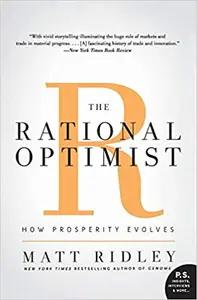
The Rational Optimist
Matt Ridley

The Network State
Balaji Srinivasan

The Almanack of Naval Ravikant
Eric Jorgenson
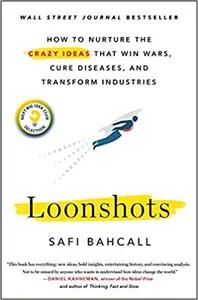
Loonshots
Safi Bahcall

The Checklist Manifesto
Atul Gawande

The Outsiders
William Thorndike

Foundation
Isaac Asimov
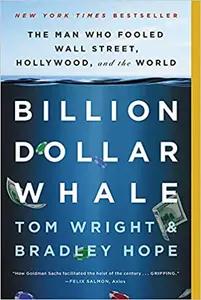
Billion Dollar Whale
Tom Wright
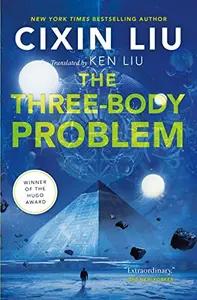
The Three Body Problem
Cixin Liu
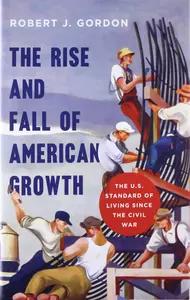
The Rise And Fall Of American Growth
Robert J. Gordon
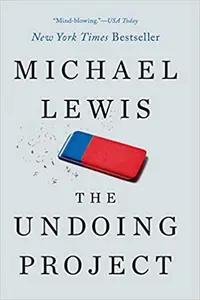
The Undoing Project
Michael Lewis

The Sovereign Individual
James Dale Davidson & William Rees-Mogg

Zero to One
Peter Thiel
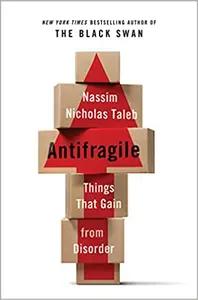
Antifragile
Nassim Nicholas Taleb
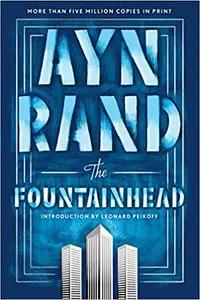
The Fountainhead
Ayn Rand

Titan
Ron Chernow
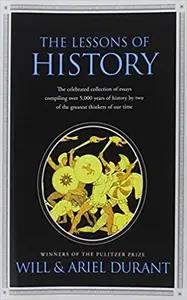
The Lessons of History
Will & Ariel Durant

The Intelligent Investor
Benjamin Graham

Becoming Steve Jobs
Brent Schlender

Bad Blood
John Carreyrou
